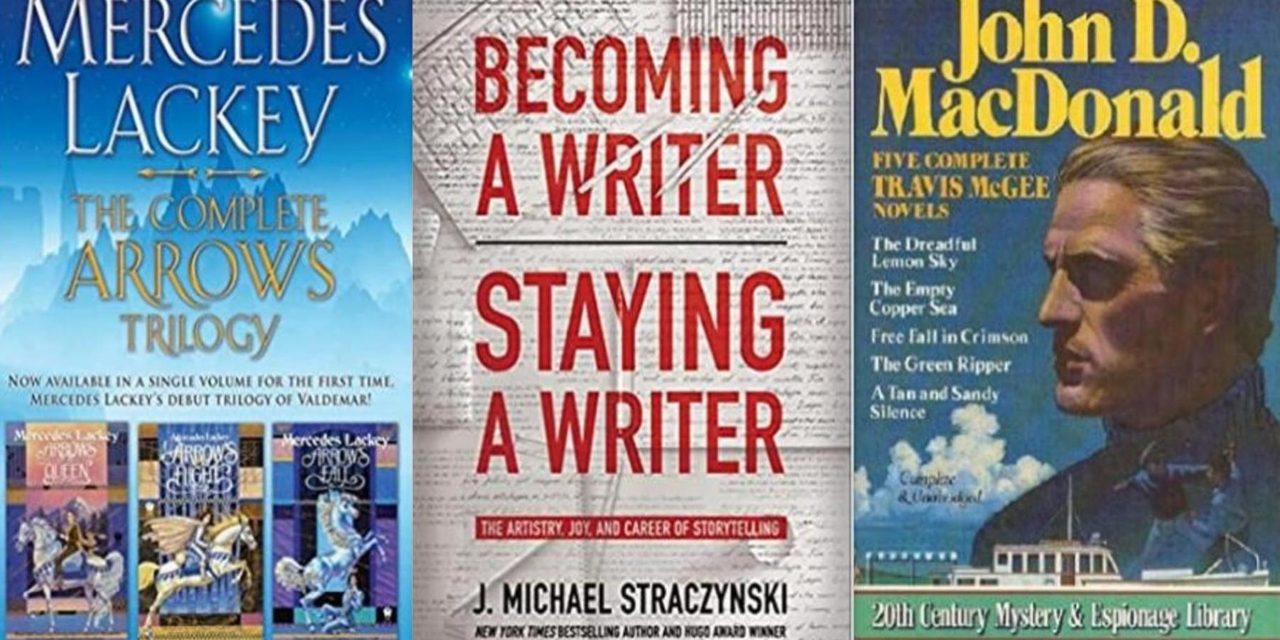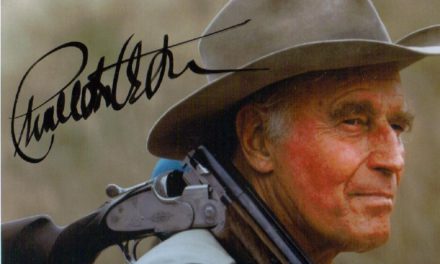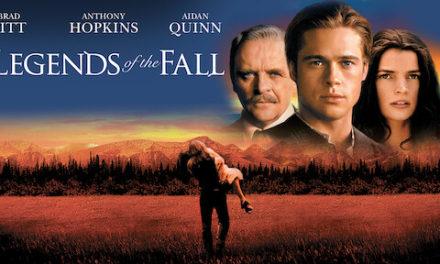Howdy Otterites! Francis here again and happy Friday.
Me and the boys have been speaking a lot lately about writing. It’s become our subject du jour and I can’t get enough of it myself. I’ve learned so much about the craft in 2021 and hopefully will continue to grow further and farther in (almost-here) 2022.
Learning a craft is something I think best attempted with the regular advice of experts. For me, this premise leads to three essential questions. Who is your muse? Who is your mentor? Who is your model?
I define a ‘muse’ as an inspirational person who provides me with insight. Someone who helps me properly create my content, so to speak.
A mentor is someone who gives advice to helps hone the mechanics and art of my craft. Usually it’s someone famous who wrote a lot about doing such.
And finally, a model is someone whose craft I wish to emulate. Style, word structure, flow, whatever.
So who are mine? Well, I’m glad you asked. First, the muse.
To me, a muse is someone who is g**da*m honest with you, as Robin Williams once said. No codling, no niceties, no handholding and no fantasies. Tell it like it is and don’t accept any whining.
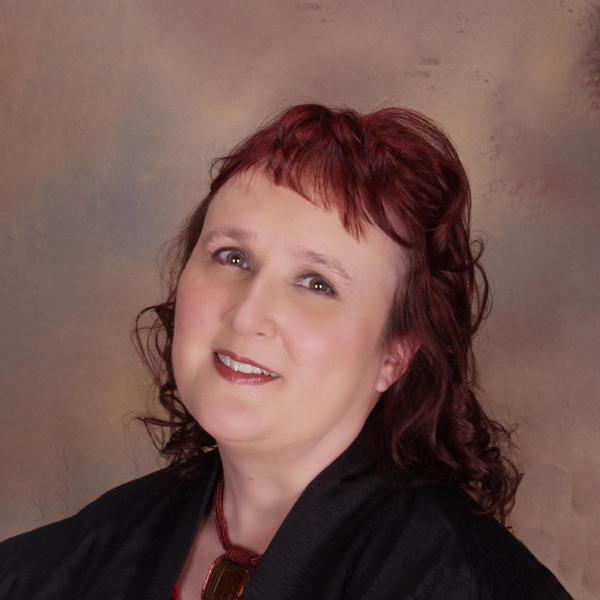
For me, that person is Mercedes Lackey. She is the author of 133 published novels and counting, mostly in science fiction or fantasy. She’s a constant presence on Quora where I often lurk. That’s how I discovered her.
No, I’ve never met her or corresponded with her. There’s no real need. I just watch people ask questions about writing or getting published – some good and earnest, but most just ignorant or self-absorbed – and observe her pearls of wisdom. She’s got the credentials to know what she’s talking about and does not suffer fools.
She’s constantly telling someone why no one will ever pay them for the ideas in their head, why no one wants to read their memoirs and why thinking every-word-they’ve-written-is-inviolable just brands them as an idiot. She’s a full-on reality check, and I always follow her advice to keep from making stupid mistakes. We all need someone like that, don’t we?
As for my mentors, I have two actually. I’ve sort of revealed one of them already, and that’s Ernest Hemingway. Papa advises me on craft details. He’s the sage, siren and Socrates. He taught me about writing just one true sentence. About using no unnecessary words. Why we must reduce dialogue tags. Show not tell, and so many other things. Yep, Papa still speaks, and as I told the boys, one of these days I’m gonna make his favorite hamburger.
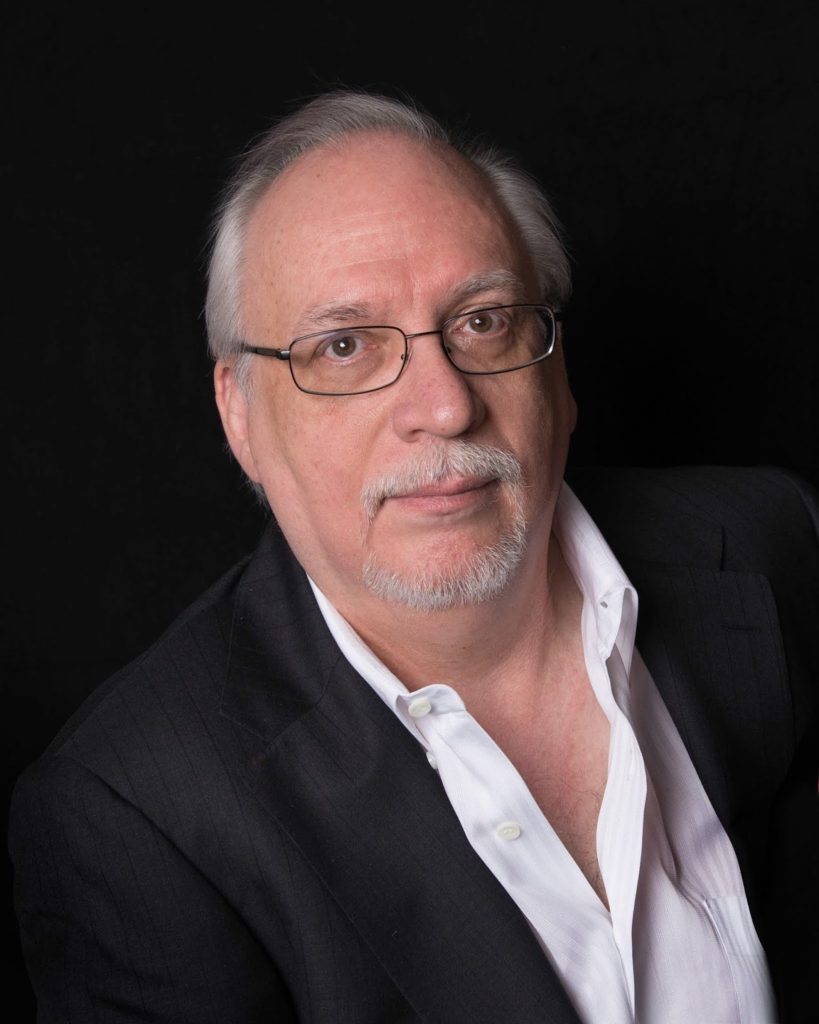
My second mentor is the creator of Babylon 5, J. Michael Straczynski, better known simply as Joe. I follow him on Twitter and have voraciously consumed nearly all of his work. (I just finished his autobiography, Becoming Superman, which I highly recommend.)
He’s written for nearly every channel you can imagine, but I think the best of his works are his most recent. His 2021 book Becoming a Writer, Staying a Writer is obviously all about Joe himself directly addressing the craft of writing to amateurs and wannabes like me. He cuts through the horse hockey since he learned all of his methods from nothing more than years of persistence and hard work. I highly recommend both of these books, along with any of his many other works, either on screen or in print. (And I’m super jazzed about his new Babylon 5 for the CW.)
And finally, my model. They guy I want to write like. The one whose mastery is unmatched and who I want to be like on the page. No, no, I don’t want to ape or copy him, I just want to make the words sing like he does. The color, the vibrancy, the splash. And for me that’s only one guy, the late, great John D. MacDonald.

Stephen King claims MacDonald as his own hero, and while King does not give his own muse a name in his book On Writing, he does describe him, and wow, it sure sounds a lot like MacDonald to me. King called MacDonald “the great entertainer of our age, and a mesmerizing storyteller.” High praise from perhaps the best-selling fiction author in the entire world.
MacDonald is the creator of the Travis McGee series of crime/mystery novels which he began in 1964 and continued with until his death in 1986. He also wrote literally hundreds of other thrillers and mysteries beginning in the mid-Forties, all of which have sold well over 70 million copies, and which still sell well even today, nearly 40 years after his death. His Wikipedia article gives all his accolades, such as his winning the Mystery Writers of America’s highest honor, the Grand Master Award for lifetime achievement and consistent quality, way back in 1972.
I’ve recently started rereading the Travis McGee novels – in order this time to see the character’s evolution – and since I’m now reading with the eyes of an author, I am mesmerized by how this man wrote. Here’s a few of examples of MacDonald’s prose:
- “We were about to give up and call it a night when somebody threw the girl off the bridge.” – Darker Than Amber, 1966
- “Please not yet. Those are the three eternal words. Please not yet.” – A Deadly Shade of Gold, 1965
- “When you see the ugliness behind the tears of another person, it makes you take a closer look at your own.” – The Green Ripper, 1979
- “This was not some pretty little girl, coyly flirtatious, delicately stimulated. This was the mature female of the species, vivid, handsome and strong demanding that all the life within her be matched. Her instinct would detect any hedging, any dishonesty, any less than complete response to her – and then she would be gone for good.” – The Quick Red Fox, 1964
MacDonald was called the master of the opening line, something of critical importance for any fiction writer, and the quotation above from Darker Than Amber is one of those. I could go on and on, but you should really read his works for yourself. They’re nearly all available on Amazon either in print or eBook format. The Green Ripper is my favorite, but they’re all amazing exercises in pacing, character, language and prose. Yep, I wanna be like MacDonald.
My admonition to you, Otterites, is that you absolutely must find your own muses, mentors and models in whatever craft you might chose to endeavor. (MacDonald was famous for that, turning nouns into verbs and vice versa. All hail the master, folks!) Feel free to steal mine if you like. I guarantee you’ll be entertained.

